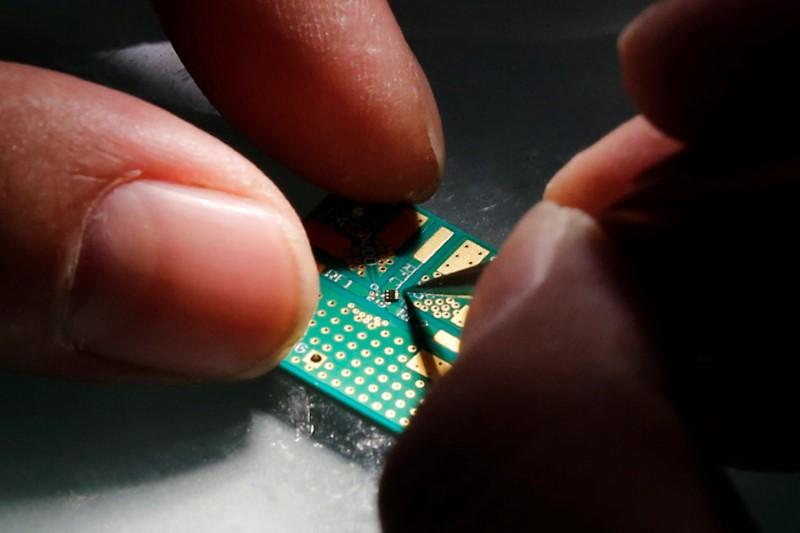BEIJING—China’s finance ministry said on March 30 it has introduced tax breaks for chipmakers in the country. The regime is seeking to reduce dependence on foreign semiconductors amid trade tensions with the United States over technology transfers.
The move comes as the United States is considering imposing tariffs on $50 billion worth of Chinese exports, citing discriminatory trade practices in high-tech sectors, including semiconductors.





